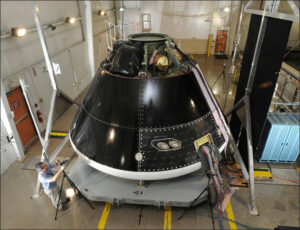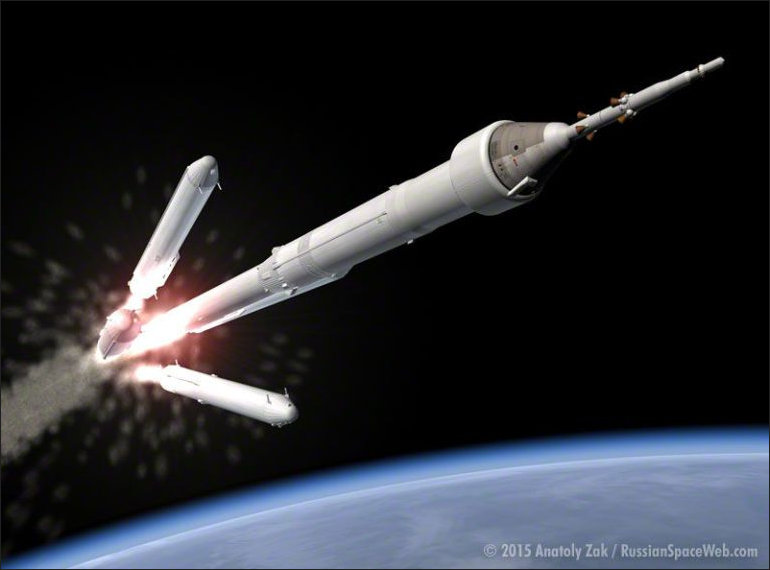
Dr. Michael Hawes, vice president and Orion program manager for Lockheed Martin Space Systems Company, sees the settlement of the Moon as a proving ground for the ultimate goal of reaching Mars and conducting other deep-space explorations.
The first destination is the Moon, he said at a luncheon hosted by the Webster Business alliance Wednesday, as reported by the Houston Chronicle. “NASA talks about the space around the moon as being the proving ground.” But the ultimate goal is Mars. Said Hawes:
“That’s the horizon goal of deep space exploration. We want to get to Mars but we have to learn how to do a lot of things along the way, Just as we built capability from Mercury through Gemini to Apollo to demonstrate the a lunar landing, we have to do a lot of demonstration of a much broader sense than we did back then to get to Mars. We’re going to do that building from the moon out.”
“We may build a small station on the far side of the moon. We could do science from there. We can actually see the sun and the earth so we could still get power and communications. We’ll go out and look at asteroids. NASA has an asteroid re-direct mission that they’re looking to define that would take a robotics spacecraft to go get a large boulder off an asteroid and bring it back into orbit around the moon. Then, Orion would take the crew out to do the research on the asteroid on that mission.”
The Orion Multi-Purpose Crew Vehicle is NASA’s first spacecraft designed for deep space exploration.

